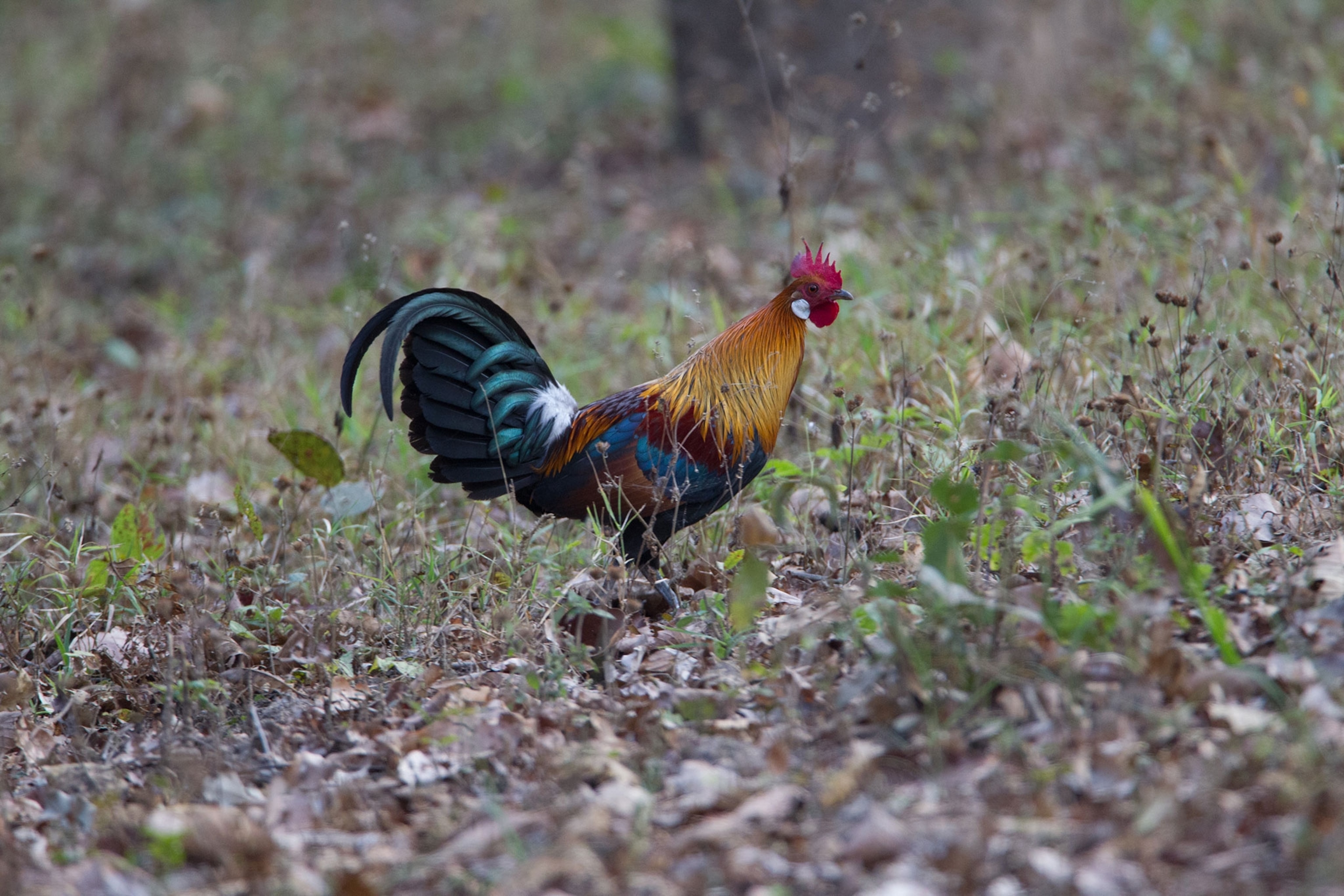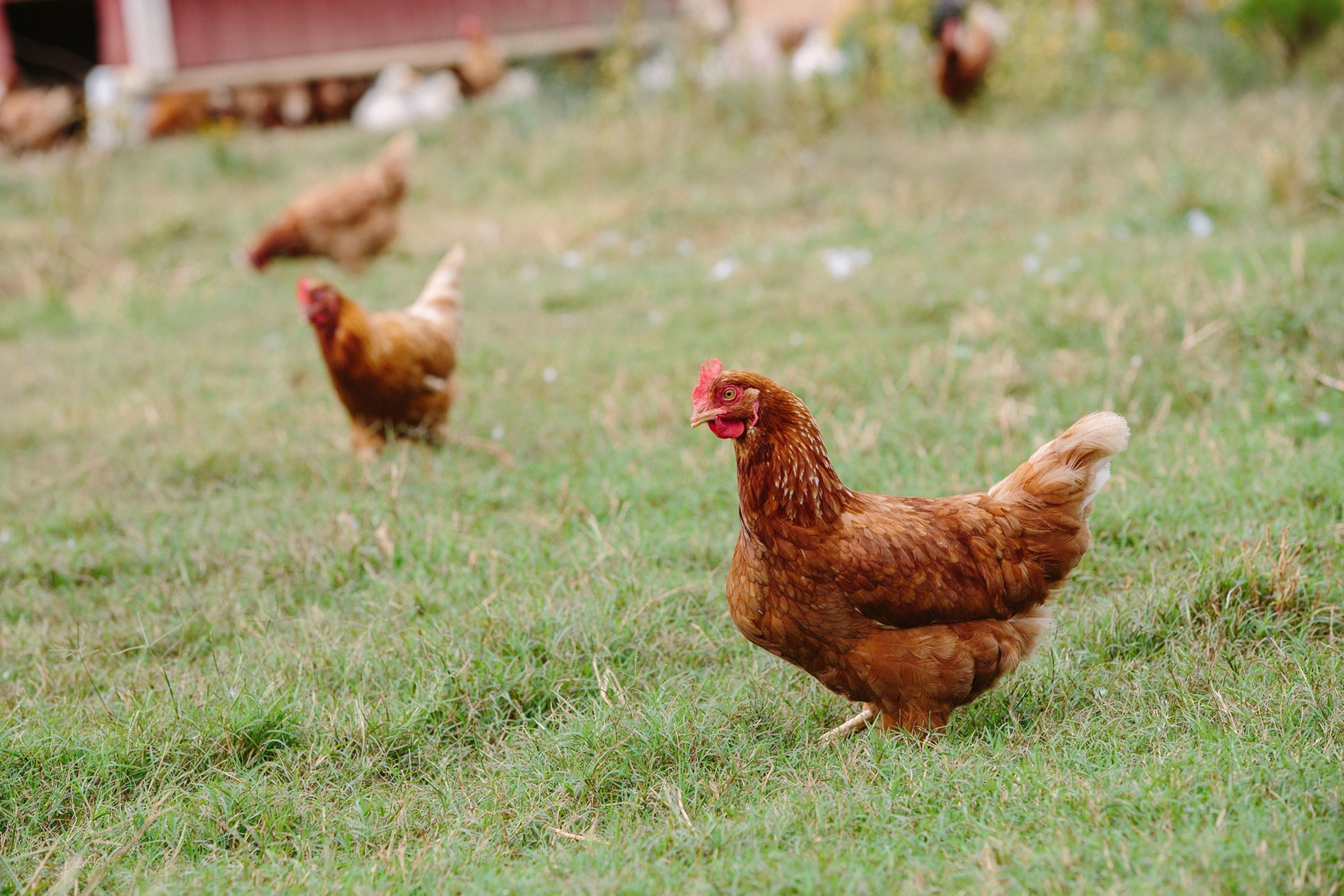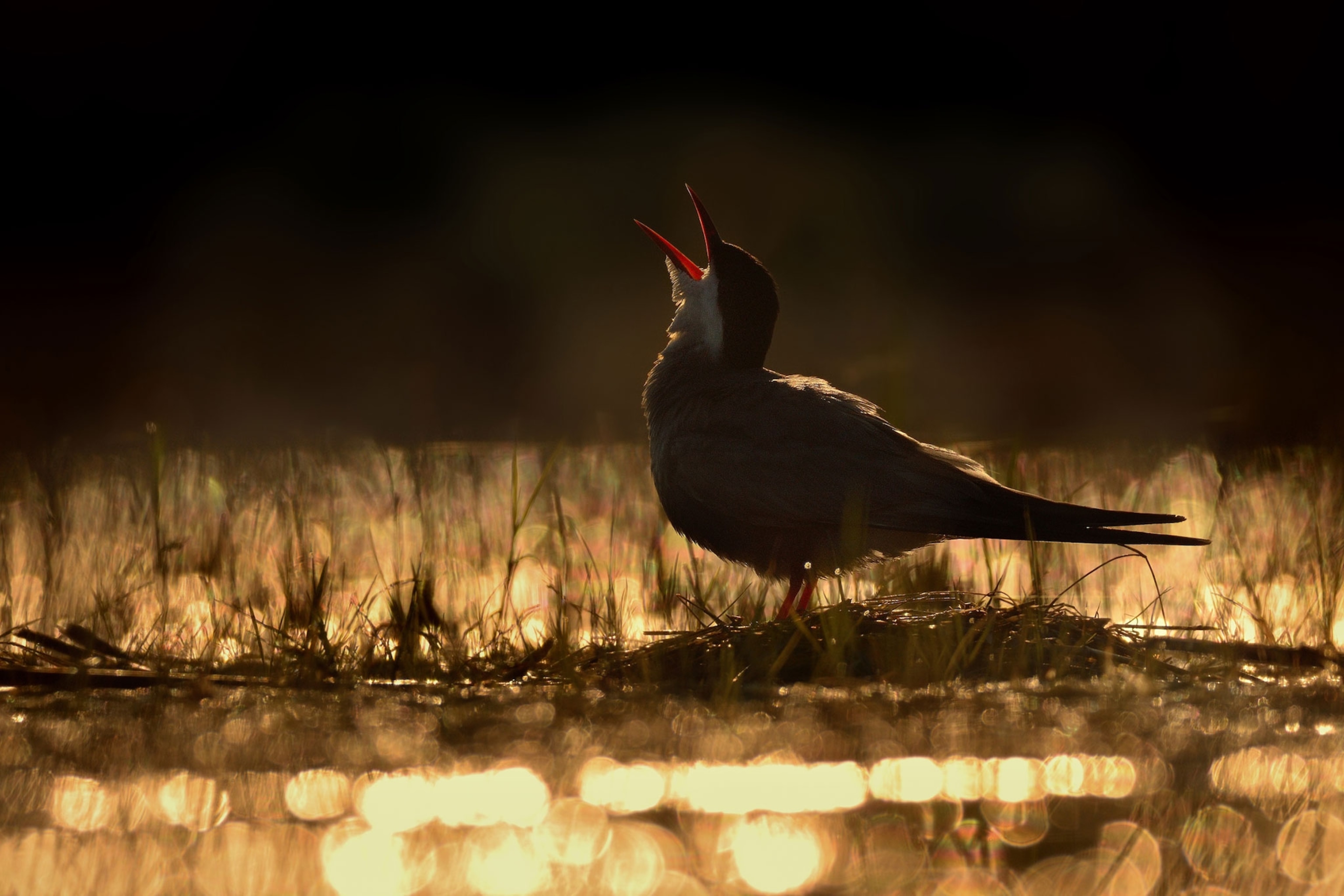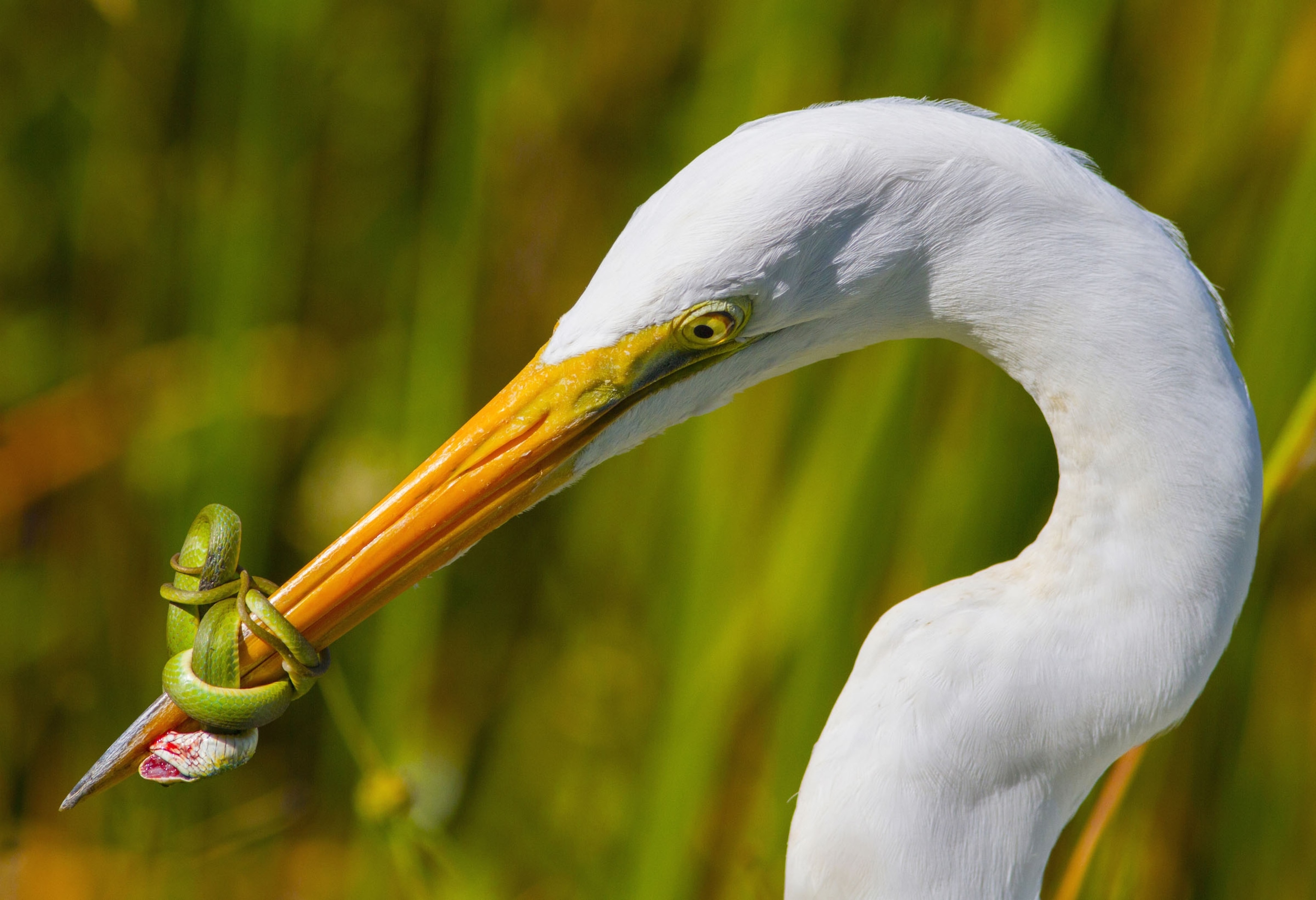
Chickens Prefer Attractive People
The barnyard bird is a lot smarter than you think.
We know the importance of having a little light to get through the dark days of winter.
It's important for chickens, too.
When Danielle Smith asked, “Why do chickens need a lot of hours of light to lay eggs?” we checked in with some poultry professionals.
Seeing the Light
Hens are "photo-stimulated," which means they require light to produce eggs, says Claudia Dunkley, a poultry scientist at the University of Georgia.
After being exposed to 12 hours of natural or artificial light, the chicken's hypothalamus causes the release of a reproductive hormone that spurs egg laying. The hormone, gonadotropin, is the same one that kickstarts the human reproductive cycle. (Also read how a rooster knows to crow at dawn.)
In winter, when there's less daylight, birds "not kept in houses where light is provided for extended periods will stop laying," Dunkley says.
Chickens don't need to mate with a rooster in order to lay eggs, just for those eggs to produce chicks. Hens can lay about one egg every 24 hours or so.
Strangely, the color of chicken eggs sometimes coincides with the color of the birds' earlobes.
"Typically breeds with white earlobes lay white eggshells, and those with red earlobes lay brown eggshells," says Jacqueline Jacob, a poultry scientist at the University of Kentucky. (Read about the oddest eggs in the animal kingdom.)

An example of this breed is the Rhode Island red.
No Bird Brain
The domesticated animals we know as chickens descended from the red jungle fowl of Southeast Asia about 8,000 years ago.
Because the birds evolved in constantly changing environments that required searching for food daily, "it's not surprising that [they're] cognitively complex in certain things," such as spatial navigation, says Richard Blatchford, a poultry scientist at the University of California at Davis.
For instance, in experiments, trained chicks can judge absolute and relative distances to food even when those distances are changed.
"Chickens have been used to study animal cognition for a long time," he adds.
Count Your Chickens
For instance, chickens can recognize up to 30 other individual chickens, and chicks imprint the image of their mother between 24 to 36 hours of hatching, says Dunkley. (Related: "The Surprising Ways that Chickens Changed the World.")
One study showed chicks "imprinted" to an image of a red triangle even if it was partly obscured—suggesting the birds can envision partially hidden objects in their minds.
Not only that, the birds can recognize and discern people based on their faces. And they apparently like beautiful humans.
A 2002 paper found that chickens have the same preference for certain human faces as do humans, "keying in on things like symmetry" in features—one of the subconscious measures of attractiveness, Blatchford says.
In the study, the scientists trained four hens to react to photographs of an average female face but not an average male face, and vice versa for two cocks.
Then, the team showed these trained birds pictures of faces with exaggeratedly masculine and feminine traits.
The chickens pecked more at screens showing symmetrical faces—revealing the same preferences as the 14 people who had done the same experiment.
The study is limited in that it only tested a small number of chickens and humans. But the results may suggest the mutual admiration for symmetry is rooted in the nervous system, and not necessarily due to cultural influences.
Wow. What could be more humiliating than a chicken who sees you and swipes left?












